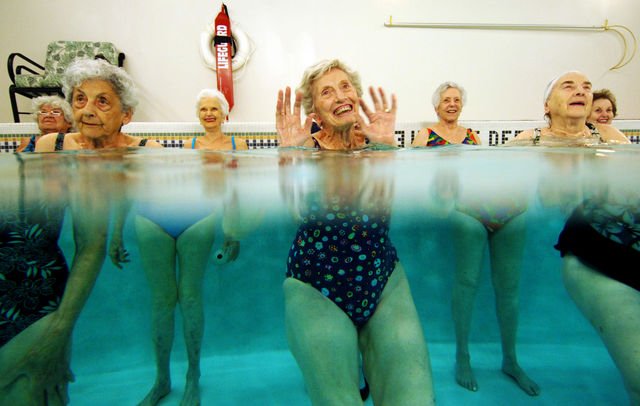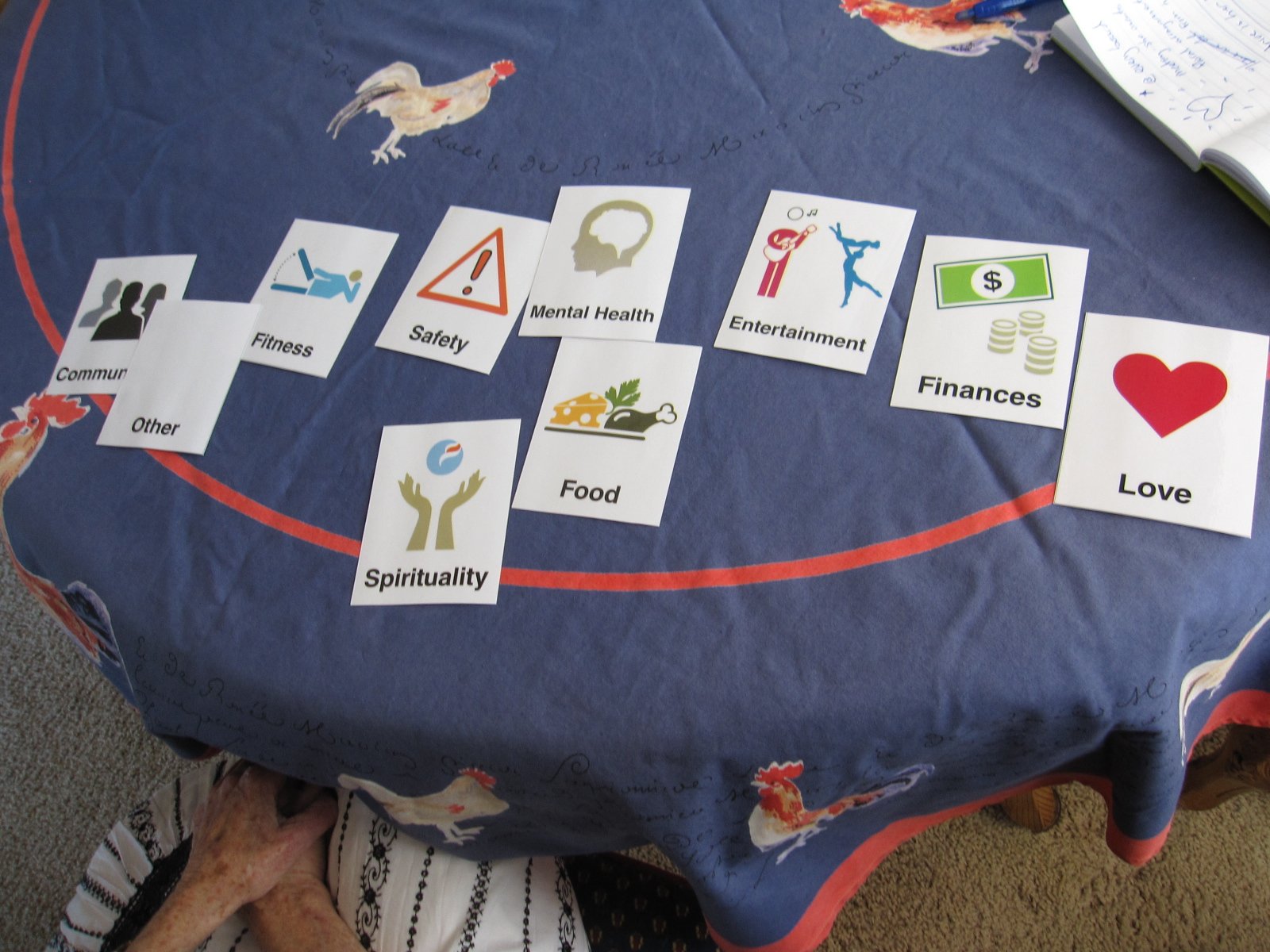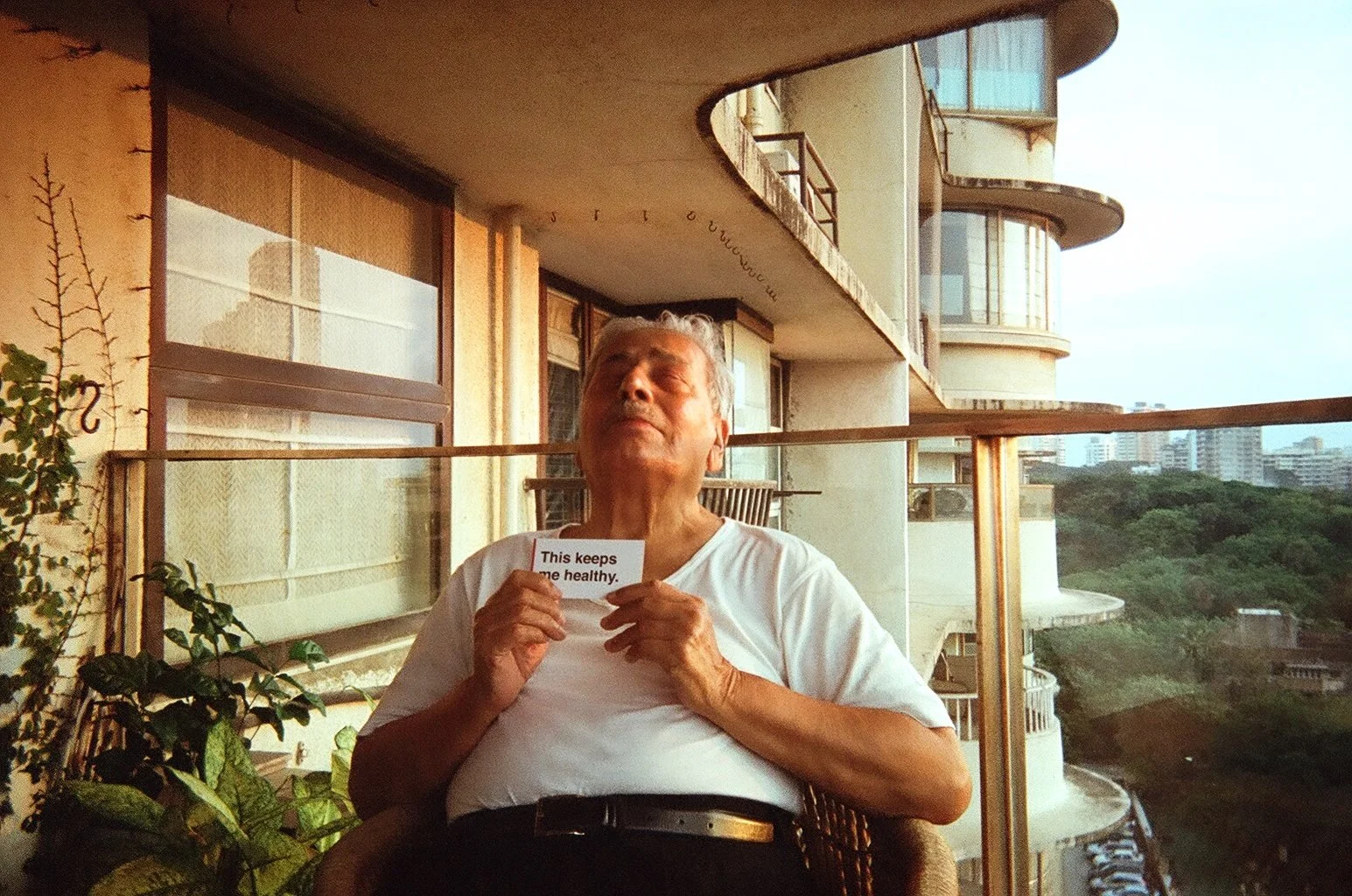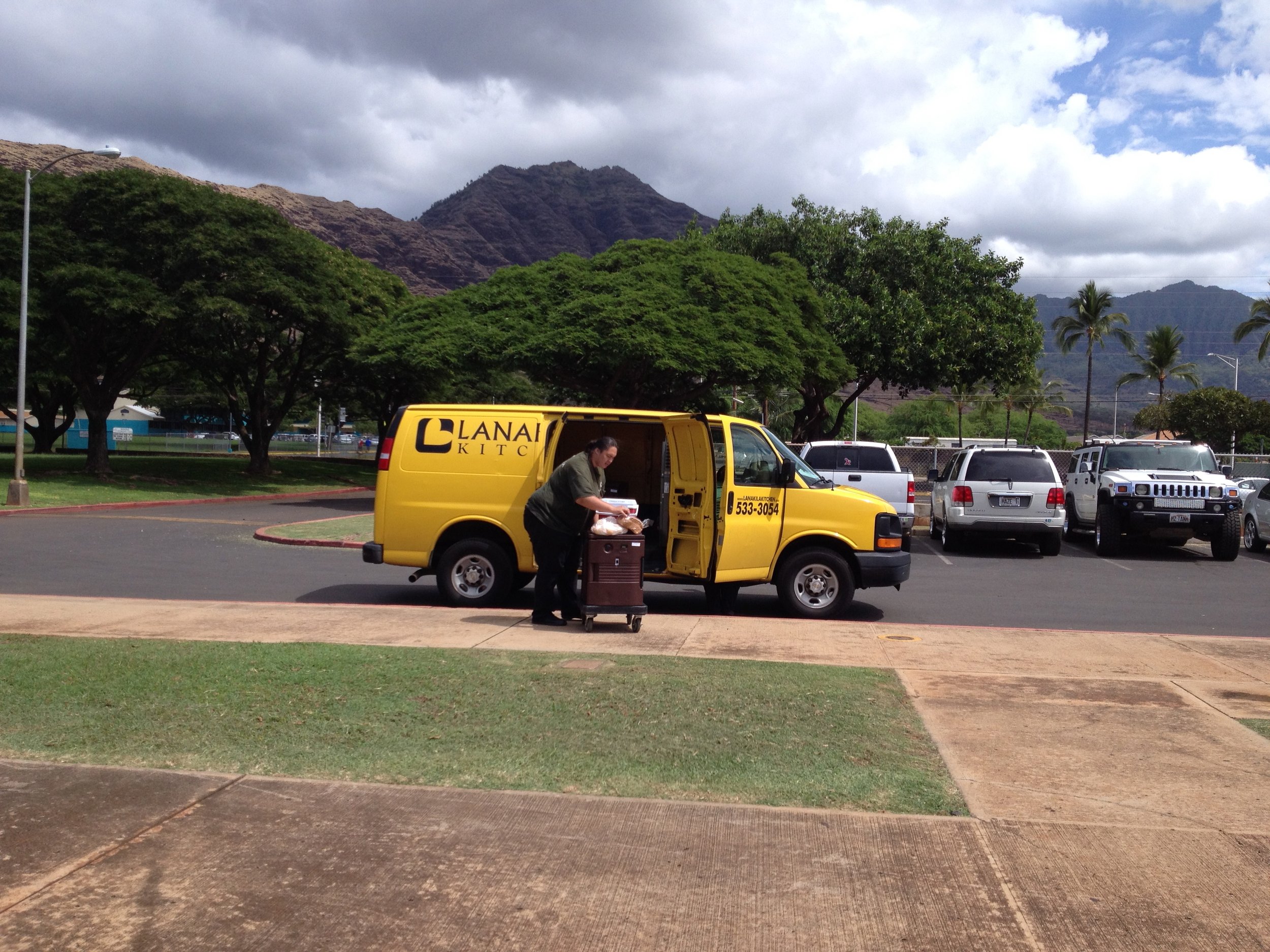Informing orgs’ strategic priorities around social care for at-risk elderly.
Primary care in the United States is already strained and there is greater demand to “think differently” about how care can be delivered in new, innovative ways.
One important aspect of this care is the realm of social care (services that exist beyond medical walls – community resources and systems – that address needs). Specifically, how do community and care resources come together to provide a coordinated, optimized total care experience for at-risk elderly member population (members living with 1 or more chronic conditions and/or a behavioral health condition)?
Questions explored: How does community meet social care needs? What are the needs and preferences of the frail elderly population? What social care circumstances impact health? How might medical needs be integrated with social needs? What services are required to support this population?
Final Output: Uncovering five gaps in social care that are needed for seniors to age well in their community: 1) help them find purpose, 2) help them avoid isolation, 3) support their caregivers - family/friends, 4) help them understand how to best manage their finances, and 5) help them plan for potential future hazards (falling, death, etc.)
-
Kaiser Permanente’s Innovation Consultancy (IC)
Kaiser Permanente’s Care Management Institute (CMI)
Role: Research Lead, Project Lead -
Uncover elements needing organizational support to better enable successful social care for at-risk elderly.
Reduces number of hospitalizations and clinic visits for this population. -
How do community and care resources come together to provide a coordinated, optimized total care experience for our senior member population?
-
Insights informed and inspired the organization’s social care strategy.
-

Exploring senior community offerings

Understanding their sense of self

Sending ways for them to share their stories (voice recorder, etc.)

Interview activity around what is most valuable to them

Better understanding their relationship with technology

Analogous research: How does Burning Mans' social care/health group, Black Rock Rangers, support Burning mans' community?

Participants were from all around the world - at risk senior in India

Shadowing social care organizations

Participating in community resources to understand care gaps